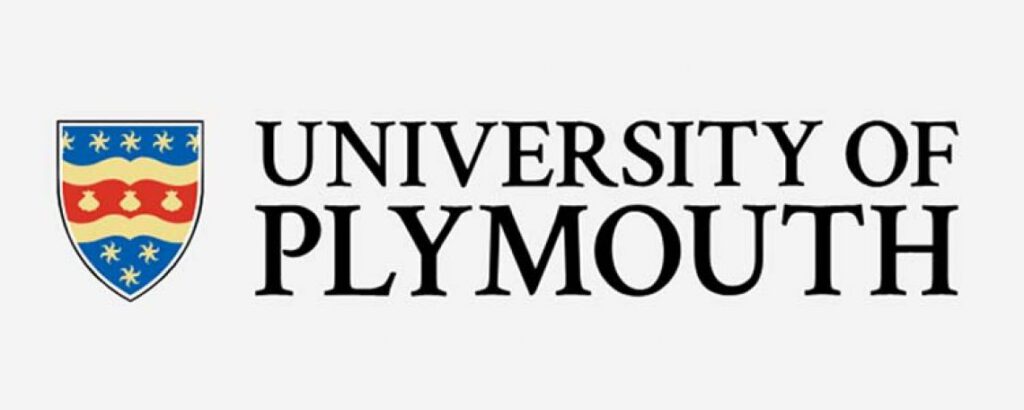Psychology academic wins international award for study on workplace sound

From alarms to music, audible signals are ever present in our everyday lives – and particularly vital to safety-critical industries such as healthcare and transport.
Now Professor of Applied Psychology, Judy Edworthy, has been recognised for her international contribution to this area by the Human Factors and Ergonomics Society.
Professor Edworthy has been selected as the recipient of the Society’s Hal W Hendrick Distinguished International Colleague Award 2020. The award has been presented for her ‘outstanding contributions to the human factors/ergonomics field’.
This award is given annually in recognition of an academic or practitioner outside of the United States (the home of the society, the largest of its kind in the world) working in the area of human factors and ergonomics who has made a lasting and notable contribution. A multidisciplinary field, human factors and ergonomics seeks to understand and optimise the relationship between people and the environments they work in, improving performance and safety.
Professor Edworthy’s contribution has focused on the understanding of how sound, music, and other audible signals affect safety and work performance, across a range of safety-critical industries such as healthcare, chemical processing, nuclear power, and transport. Approaching such issues from a scientific, theory-driven way has made her work applicable in all these areas. She has recently been at the forefront of updating an international medical device safety standard with improved device alarms and guidance – see the New York Times article explaining the details of her work https://www.nytimes.com/2019/07/09/science/alarm-fatigue-hospitals.html
Professor Edworthy, whose work takes place within the Plymouth Institute of Health Research, said:
“My mission has always been to combine good theoretical work on the way we listen to sound with outcomes and impacts that are meaningful and useful in the world at large. For example, my recent work on clinical alarms will change the auditory soundscape of clinical environments for the better, affecting both clinical performance and patient safety around the world.”

Responses